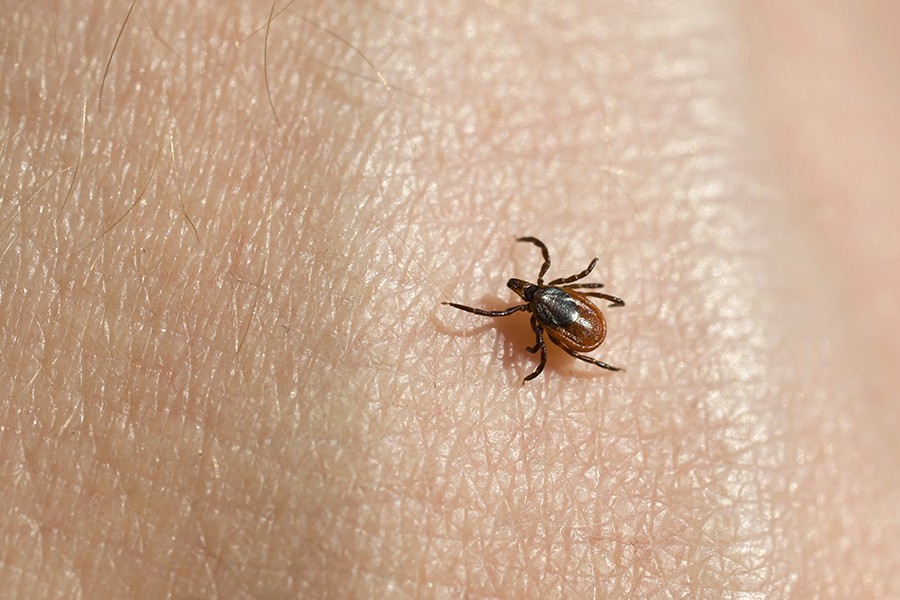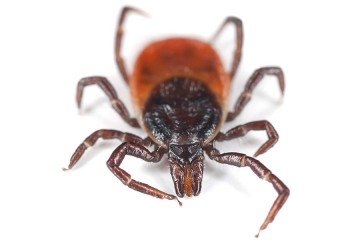Fundamental research into the causes and cures of post-treatment Lyme disease syndrome now has its first home base at a major U.S. medical research center with the launch of the Johns Hopkins Lyme Disease Clinical Research Center earlier this month.
First discovered in Lyme, Connecticut, 40 years ago, Lyme disease has spread rapidly throughout the East Coast and Midwest. It now afflicts more than 300,000 people per year, making it the sixth most common reportable infectious disease in the U.S.
The center, supported by a major gift from the Lyme Disease Research Foundation, plans an ambitious research program targeting this increasingly common disease, which costs the U.S. economy up to $1.3 billion per year in treatment costs alone.
"If you live anywhere from Maine to Virginia, it's almost impossible for Lyme disease not to affect someone you know, someone in your family or yourself," says center founder and director John Aucott, a Johns Hopkins internist.
Also see: New Hopkins center to focus on Lyme disease, continuing problems (The Baltimore Sun)
Aucott, an assistant professor of medicine at Johns Hopkins, has spent more than a decade studying the disease's potentially crippling effects.
When a tiny tick infected with the bacterium Borrelia burgdorferi bites a human, that person may develop symptoms that seem flu-like, such as swollen glands, fatigue, body aches, and rashes. Most people respond well to antibiotics, but about one out of every five or six patients develops a debilitating condition called post-treatment Lyme disease syndrome, marked by extreme fatigue; musculoskeletal pain; arthritislike pain in the joints; and cognitive, neurological, and cardiac symptoms.
"This syndrome is not fatal, but it is life-altering," says Aucott. "People who come down with Lyme disease are active people who have the bad luck to be bitten by an infected tick while they're out hiking, camping, or mowing the grass. It can happen to anyone anywhere there are trees, deer, and the ticks that they carry."
As director of the new clinical research center, housed at Johns Hopkins Bayview Medical Center, Aucott has received an initial grant to lead the first prospective controlled study in the U.S. to examine the impact of Lyme disease on patients' immune systems and their long-term health. Known as SLICE (Study of Lyme Disease Immunology and Clinical Events), the study aims to understand why some patients develop post-treatment Lyme disease syndrome lasting months or years, while others do not.
The Lyme Disease Research Foundation has also helped establish repositories of blood and tissue samples from patients with Lyme disease at Johns Hopkins, providing researchers with opportunities to collaborate in the search for disease biomarkers that could lead to improved diagnostics and treatment.
The Johns Hopkins Lyme Disease Clinical Research Center will act as a hub for catalyzing the exploration of Lyme disease. Securing funding for the center will be critical to future discoveries in Lyme disease.
Posted in Health
Tagged lyme disease









